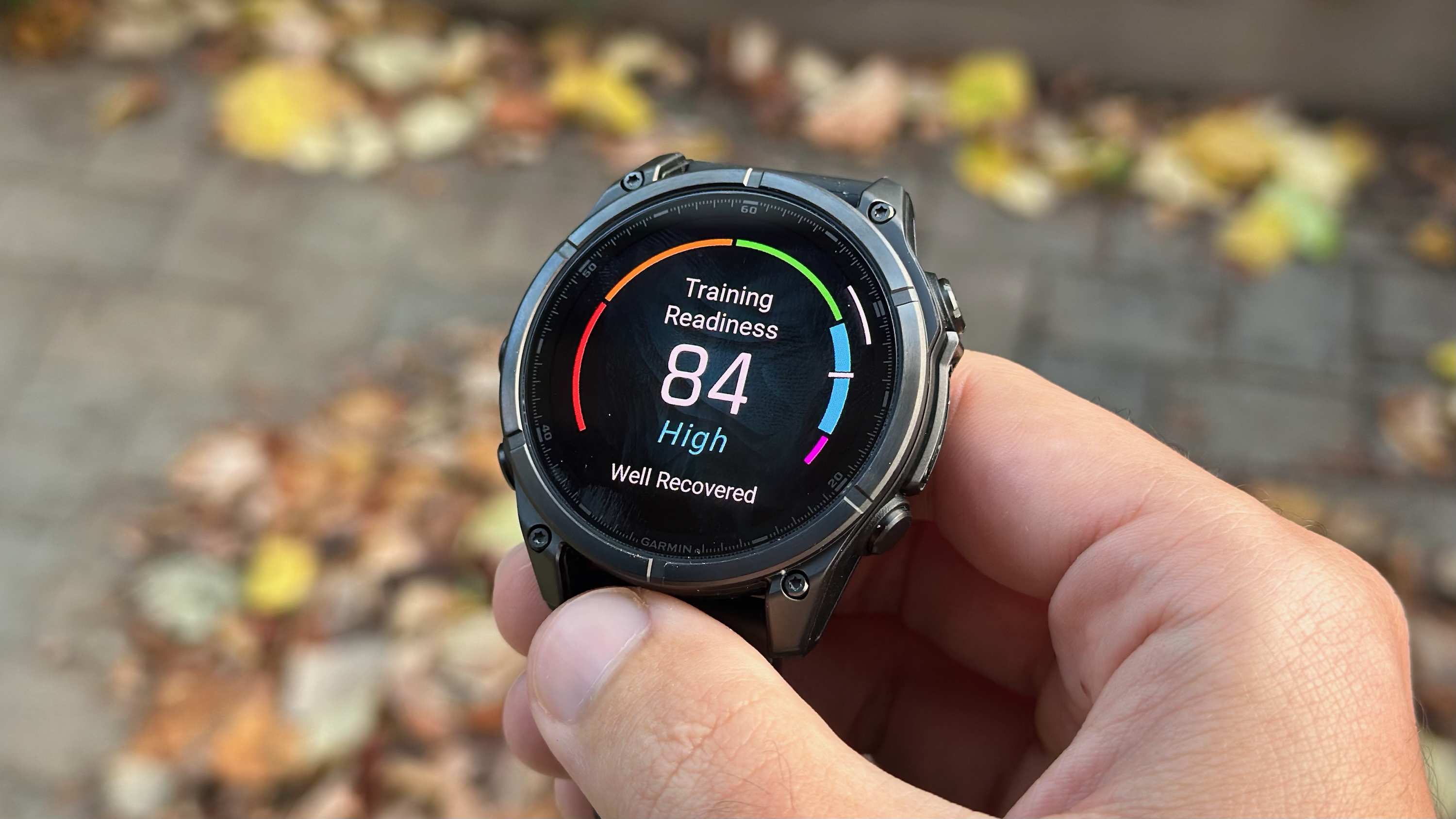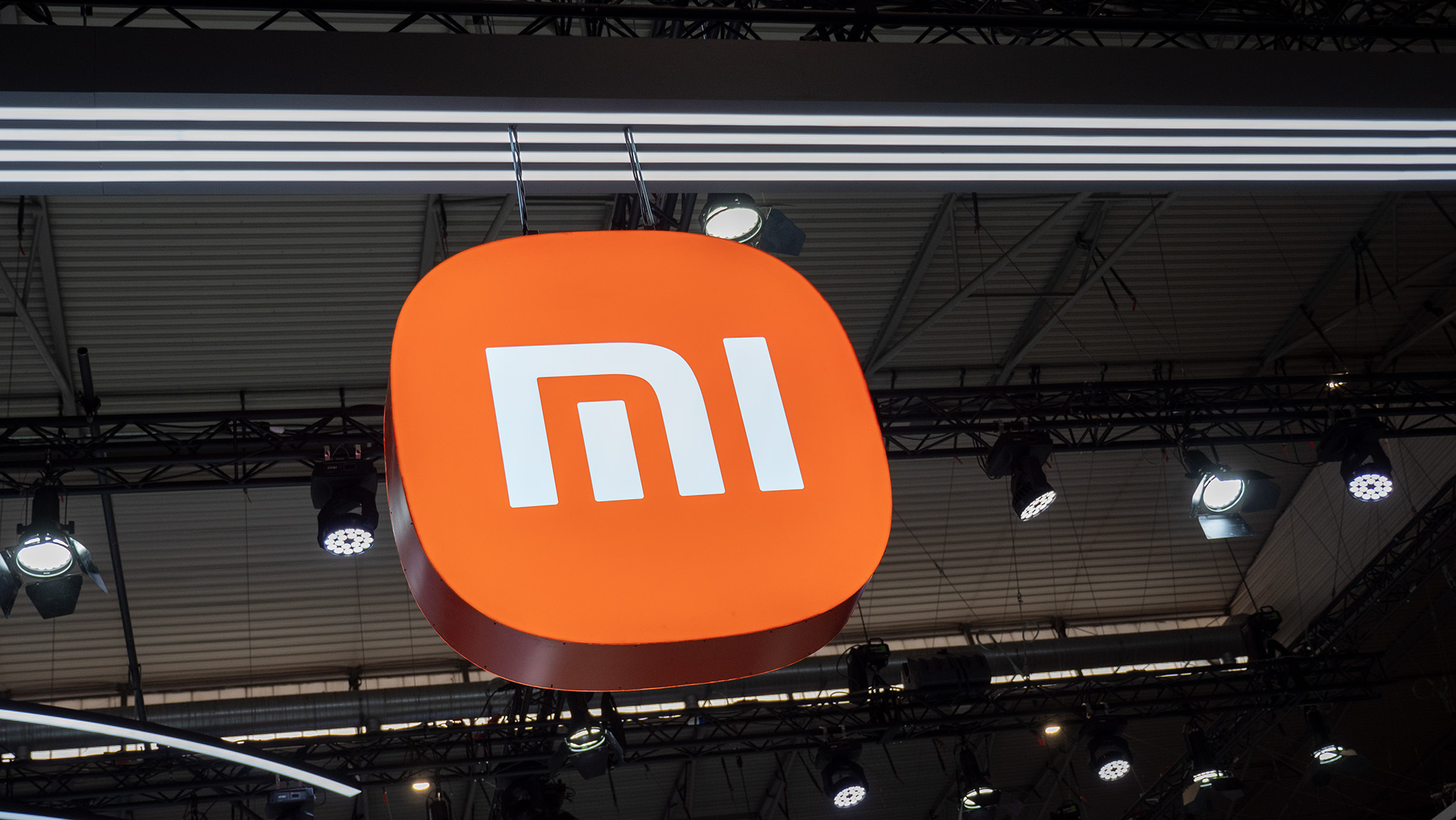Rust HTTP Server
Introducing Hyperlane: The Lightweight, High-Performance Rust HTTP Server Hyperlane is a pure-Rust HTTP server library built on Tokio’s async runtime, designed to simplify network service development without sacrificing performance. With Hyperlane, you get a truly cross‑platform API that runs seamlessly on Windows, Linux, and macOS, while supporting advanced features like middleware, WebSocket, and Server‑Sent Events (SSE). Key Features Zero external dependencies: Pure Rust + standard library Cross‑platform compatibility: Same API on Windows, Linux, macOS High performance: QPS on par with Tokio, outperforming Rocket, Go, Node.js Flexible middleware: Request and response middleware for logging, authentication, headers Real‑time support: Built‑in WebSocket and SSE handling Installation cargo add hyperlane Quick Start Example Clone the quick‑start repository and explore Hyperlane in action: git clone https://github.com/ltpp-universe/hyperlane-quick-start.git Sample Server Code use hyperlane::*; async fn request_middleware(ctx: Context) { let socket_addr: String = ctx.get_socket_addr_or_default_string().await; ctx.set_response_header(SERVER, HYPERLANE) .await .set_response_header(CONNECTION, CONNECTION_KEEP_ALIVE) .await .set_response_header(CONTENT_TYPE, content_type_charset(TEXT_PLAIN, UTF8)) .await .set_response_header(DATE, gmt()) .await .set_response_header("SocketAddr", socket_addr) .await; } async fn response_middleware(ctx: Context) { let _ = ctx.send().await; let request: String = ctx.get_request_string().await; let response: String = ctx.get_response_string().await; ctx.log_info(&request, log_handler) .await .log_info(&response, log_handler) .await; } async fn root_route(ctx: Context) { ctx.set_response_status_code(200) .await .set_response_body("Hello hyperlane => /") .await; } async fn websocket_route(ctx: Context) { let request_body: Vec = ctx.get_request_body().await; let _ = ctx.send_response_body(request_body).await; } #[tokio::main] async fn main() { let server: Server = Server::new(); server.host("0.0.0.0").await; server.port(60000).await; server.enable_nodelay().await; server.log_dir("./logs").await; server.enable_inner_log().await; server.enable_inner_print().await; server.log_size(100_024_000).await; server.http_line_buffer_size(4096).await; server.websocket_buffer_size(4096).await; server.request_middleware(request_middleware).await; server.response_middleware(response_middleware).await; server.route("/", root_route).await; server.route("/websocket", websocket_route).await; let test_string: String = "Hello hyperlane".to_owned(); server .route( "/test/:text", future_fn!(test_string, |ctx| { let param: RouteParams = ctx.get_route_params().await; println_success!(format!("{:?}", param)); println_success!(test_string); panic!("Test panic"); }), ) .await; server.run().await.unwrap(); } Benchmark Results 1000 Concurrent Connections, 1,000,000 Requests Tokio runtime: 308,596.26 QPS Hyperlane framework: 307,568.90 QPS Rocket framework: 267,931.52 QPS Rust standard library: 260,514.56 QPS Go standard library: 226,550.34 QPS Gin framework: 224,296.16 QPS Node.js standard library: 85,357.18 QPS 360 Concurrent Connections, 60s Duration Tokio runtime: 340,130.92 QPS Hyperlane framework: 324,323.71 QPS Rocket framework: 298,945.31 QPS Rust standard library: 291,218.96 QPS Gin framework: 242,570.16 QPS Go standard library: 234,178.93 QPS Node.js standard library: 139,412.13 QPS With nearly Tokio‑level throughput and the convenience of a high‑level API, Hyperlane empowers you to build fast, reliable, and scalable Rust web services—try it today!

Introducing Hyperlane: The Lightweight, High-Performance Rust HTTP Server
Hyperlane is a pure-Rust HTTP server library built on Tokio’s async runtime, designed to simplify network service development without sacrificing performance. With Hyperlane, you get a truly cross‑platform API that runs seamlessly on Windows, Linux, and macOS, while supporting advanced features like middleware, WebSocket, and Server‑Sent Events (SSE).
Key Features
- Zero external dependencies: Pure Rust + standard library
- Cross‑platform compatibility: Same API on Windows, Linux, macOS
- High performance: QPS on par with Tokio, outperforming Rocket, Go, Node.js
- Flexible middleware: Request and response middleware for logging, authentication, headers
- Real‑time support: Built‑in WebSocket and SSE handling
Installation
cargo add hyperlane
Quick Start Example
Clone the quick‑start repository and explore Hyperlane in action:
git clone https://github.com/ltpp-universe/hyperlane-quick-start.git
Sample Server Code
use hyperlane::*;
async fn request_middleware(ctx: Context) {
let socket_addr: String = ctx.get_socket_addr_or_default_string().await;
ctx.set_response_header(SERVER, HYPERLANE)
.await
.set_response_header(CONNECTION, CONNECTION_KEEP_ALIVE)
.await
.set_response_header(CONTENT_TYPE, content_type_charset(TEXT_PLAIN, UTF8))
.await
.set_response_header(DATE, gmt())
.await
.set_response_header("SocketAddr", socket_addr)
.await;
}
async fn response_middleware(ctx: Context) {
let _ = ctx.send().await;
let request: String = ctx.get_request_string().await;
let response: String = ctx.get_response_string().await;
ctx.log_info(&request, log_handler)
.await
.log_info(&response, log_handler)
.await;
}
async fn root_route(ctx: Context) {
ctx.set_response_status_code(200)
.await
.set_response_body("Hello hyperlane => /")
.await;
}
async fn websocket_route(ctx: Context) {
let request_body: Vec<u8> = ctx.get_request_body().await;
let _ = ctx.send_response_body(request_body).await;
}
#[tokio::main]
async fn main() {
let server: Server = Server::new();
server.host("0.0.0.0").await;
server.port(60000).await;
server.enable_nodelay().await;
server.log_dir("./logs").await;
server.enable_inner_log().await;
server.enable_inner_print().await;
server.log_size(100_024_000).await;
server.http_line_buffer_size(4096).await;
server.websocket_buffer_size(4096).await;
server.request_middleware(request_middleware).await;
server.response_middleware(response_middleware).await;
server.route("/", root_route).await;
server.route("/websocket", websocket_route).await;
let test_string: String = "Hello hyperlane".to_owned();
server
.route(
"/test/:text",
future_fn!(test_string, |ctx| {
let param: RouteParams = ctx.get_route_params().await;
println_success!(format!("{:?}", param));
println_success!(test_string);
panic!("Test panic");
}),
)
.await;
server.run().await.unwrap();
}
Benchmark Results
1000 Concurrent Connections, 1,000,000 Requests
- Tokio runtime: 308,596.26 QPS
- Hyperlane framework: 307,568.90 QPS
- Rocket framework: 267,931.52 QPS
- Rust standard library: 260,514.56 QPS
- Go standard library: 226,550.34 QPS
- Gin framework: 224,296.16 QPS
- Node.js standard library: 85,357.18 QPS
360 Concurrent Connections, 60s Duration
- Tokio runtime: 340,130.92 QPS
- Hyperlane framework: 324,323.71 QPS
- Rocket framework: 298,945.31 QPS
- Rust standard library: 291,218.96 QPS
- Gin framework: 242,570.16 QPS
- Go standard library: 234,178.93 QPS
- Node.js standard library: 139,412.13 QPS
With nearly Tokio‑level throughput and the convenience of a high‑level API, Hyperlane empowers you to build fast, reliable, and scalable Rust web services—try it today!








![Epic Games: Fortnite is offline for Apple devices worldwide after app store rejection [updated]](https://helios-i.mashable.com/imagery/articles/00T6DmFkLaAeJiMZlCJ7eUs/hero-image.fill.size_1200x675.v1747407583.jpg)































































































































































![[The AI Show Episode 146]: Rise of “AI-First” Companies, AI Job Disruption, GPT-4o Update Gets Rolled Back, How Big Consulting Firms Use AI, and Meta AI App](https://www.marketingaiinstitute.com/hubfs/ep%20146%20cover.png)




























































































































































































































![AI Darth Vader Voiced By Fake James Earl Jones Has Been Added To Fortnite And He Already Said 'F***' [Update]](https://i.kinja-img.com/image/upload/c_fill,h_675,pg_1,q_80,w_1200/973fa14ae5d73af90b27df321d80b6c9.png)






















.png?width=1920&height=1920&fit=bounds&quality=70&format=jpg&auto=webp#)

.png?width=1920&height=1920&fit=bounds&quality=70&format=jpg&auto=webp#)


















_Sergey_Tarasov_Alamy.jpg?width=1280&auto=webp&quality=80&disable=upscale#)
_Aleksey_Funtap_Alamy.jpg?width=1280&auto=webp&quality=80&disable=upscale#)














































































-xl-(1)-xl-xl.jpg)









![Apple Pay and Apple Cash are down for many iPhone users [U: Fixed]](https://i0.wp.com/9to5mac.com/wp-content/uploads/sites/6/2021/10/apple-pay-header.jpg?resize=1200%2C628&quality=82&strip=all&ssl=1)
















![iPhone 17 Air Could Get a Boost From TDK's New Silicon Battery Tech [Report]](https://www.iclarified.com/images/news/97344/97344/97344-640.jpg)
![Vision Pro Owners Say They Regret $3,500 Purchase [WSJ]](https://www.iclarified.com/images/news/97347/97347/97347-640.jpg)
![Apple Showcases 'Magnifier on Mac' and 'Music Haptics' Accessibility Features [Video]](https://www.iclarified.com/images/news/97343/97343/97343-640.jpg)
![Sony WH-1000XM6 Unveiled With Smarter Noise Canceling and Studio-Tuned Sound [Video]](https://www.iclarified.com/images/news/97341/97341/97341-640.jpg)








































![Apple Stops Signing iPadOS 17.7.7 After Reports of App Login Issues [Updated]](https://images.macrumors.com/t/DoYicdwGvOHw-VKkuNvoxYs3pfo=/1920x/article-new/2023/06/ipados-17.jpg)

![Apple Pay, Apple Card, Wallet and Apple Cash Currently Experiencing Service Issues [Update: Fixed]](https://images.macrumors.com/t/RQPLZ_3_iMyj3evjsWnMLVwPdyA=/1600x/article-new/2023/11/apple-pay-feature-dynamic-island.jpg)
























